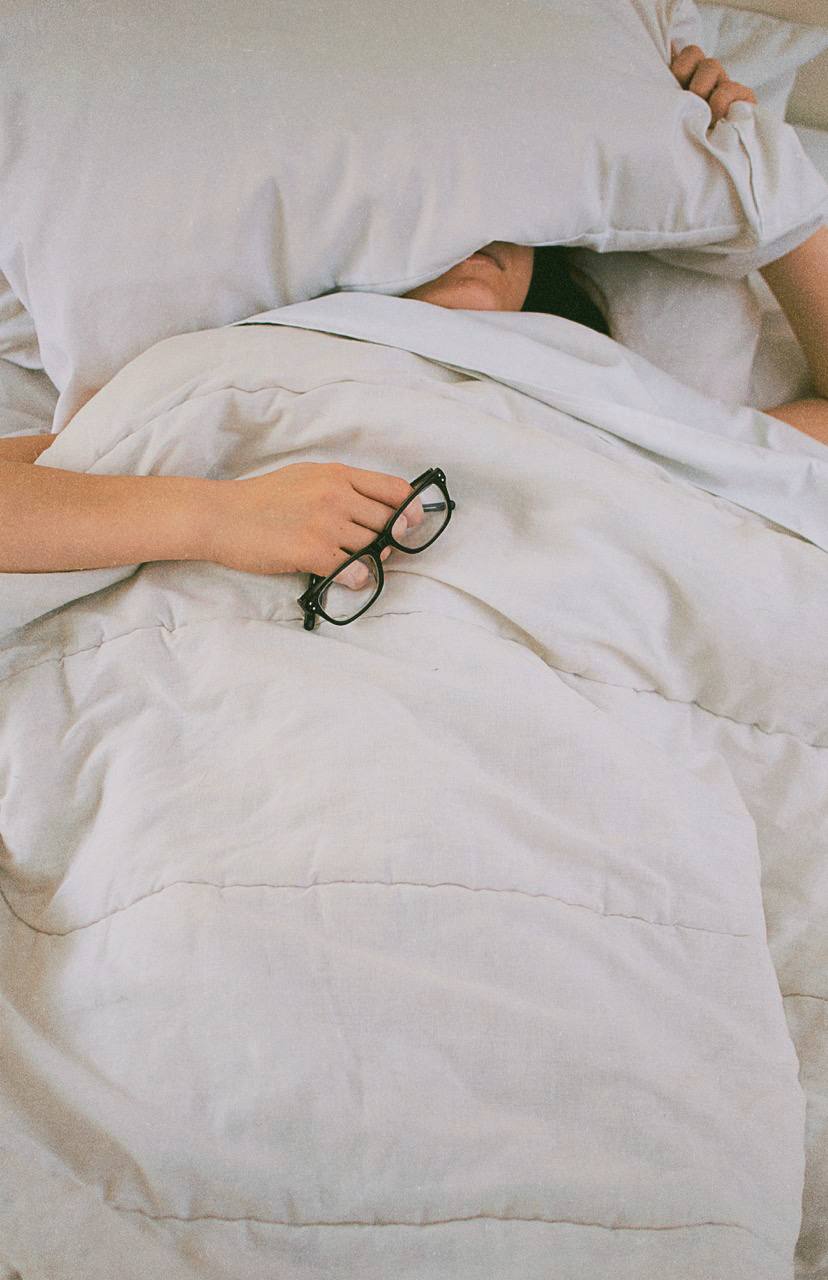Don't we all wish we could sleep like a baby, peacefully and without worrying about the next day? We can only wish for that at least once. Unfortunately, it remains a distant dream for most of us. Getting enough quality sleep is essential for maintaining good physical and mental health. However, I know many of us have been having sleeping issues for a while now. We struggle with getting enough sleep, often due to poor sleep habits.
First, think to yourself: what are the things you usually do in bed before sleeping? Identifying those habits that are disrupting your sleep can help. In this article, we'll discuss things you should avoid doing before bedtime to help improve the quality of your sleep.
Social Media Before Bed
I think our most common mistake is Social Media. At this point, we are enslaved to social media. Those tiktoks and instagram reels are addictive and it is taking a lot of our sleeping time. The blue light emitted by digital screens on smartphones, tablets, and laptops, can disrupt your body's natural sleep-wake cycle by suppressing the production of the sleep hormone melatonin. While watching social media, especially Tiktok you experience a distorted sense of time. Check your screen time and evaluate yourself. Avoid using digital screens at least one hour before bedtime.
Eating Heavy Meals and Snacks
Eating a heavy meal or snack right before bed can be detrimental to your sleep quality. Not only can it cause discomfort, indigestion, and heartburn, but it can also make it more difficult to fall asleep in the first place and stay asleep throughout the night. To ensure you get the best quality of sleep possible and avoid these issues, it is best to avoid eating right before bedtime.
Exercising Vigorously
It is important to consider the timing of your exercise routine when aiming for a good night's sleep. While regular exercise can have positive effects on sleep quality, exercising too close to bedtime can have an opposite effect. By finishing your workout at least a couple hours before going to bed, you can ensure that your body and mind are relaxed enough to transition into a restful sleep.
Stressful Activities
Engaging in stressful activities, such as work-related tasks or having an argument with someone, can make it difficult to relax and fall asleep. Try to wind down before bedtime by engaging in calming activities, such as reading, taking a bath, or practicing relaxation techniques.
Napping Too Much
While napping can be beneficial for some people, taking long naps during the day can interfere with your sleep at night. Try to limit your daytime naps to 20-30 minutes and avoid napping late in the afternoon.
Caffeine Intake
Caffeine is a stimulant that can keep you awake and disrupt your sleep, making it essential to be mindful of its consumption. Consuming caffeine close to bedtime can interfere with the quality and quantity of sleep, consequently leading to fatigue, irritability and difficulty concentrating during the day. To ensure adequate rest, it's best to limit or avoid caffeine consumption in the hours before bedtime.
Smoking Before Bed
Nicotine is a stimulant that can interfere with your sleep cycle. For smokers, this means it's important to avoid smoking before bedtime in order to maximize the quality of sleep. Quitting smoking altogether is also a great option if you're looking for ways to improve your sleep quality. Drinking Too Much Water
While staying hydrated is essential for good health, drinking too much water before bedtime can lead to frequent trips to the bathroom, disrupting your sleep. Try to limit your water intake before bedtime, and make sure to use the bathroom before getting into bed.
Sleeping in Late
Try not to oversleep on days off or weekends. Doing so can throw off your body's sleep-wake cycle, making it harder to fall asleep at night. To make sure you get a good night's rest, keep your sleep routine consistent even at the weekends.
Constantly Checking the Time
Checking the time obsessively when trying to fall asleep can be a major source of anxiety and stress. Not only does it make it difficult to relax and drift off, but it can even lead to insomnia. To help with this problem, try to avoid looking at the clock or any digital devices that display the time while in bed. Removing any clocks or devices from your bedroom may also help reduce your stress and improve sleep quality.
Hopefully, you can improve the quality of your sleep and wake up feeling refreshed and energized each morning by avoiding these ten things.

